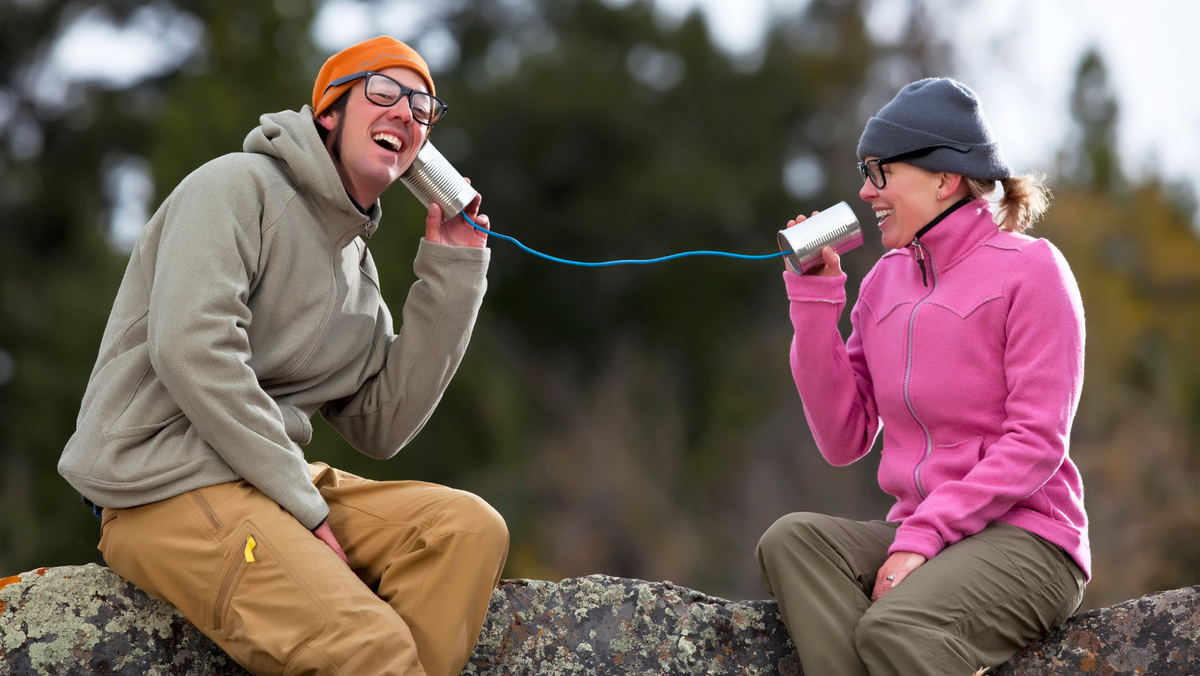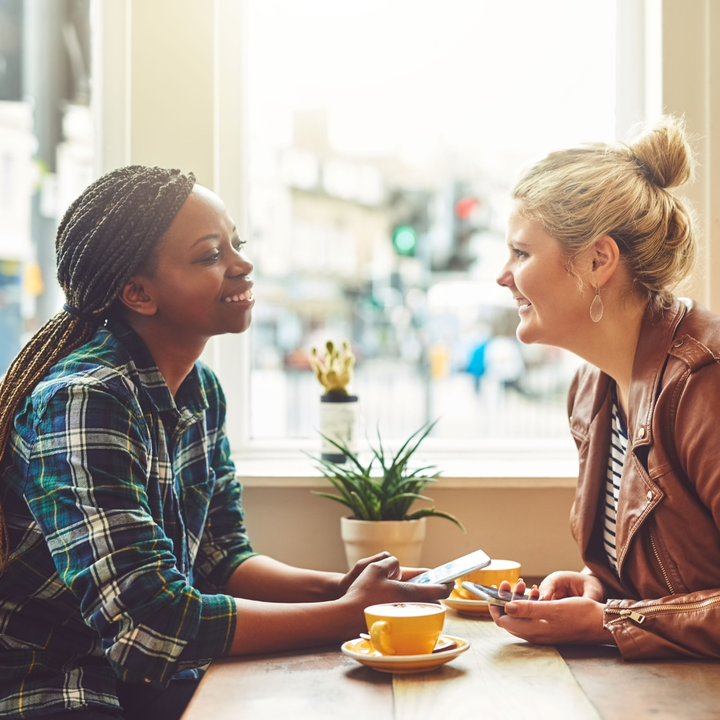Supporting Communication for Others

How Can You Support Our Community?
All communities are made up of a wide range of generations with people of different levels of ability. It is easy to assume that everyone has the same communication skills and you will be easily understood. However, in short, we don't. Generational, cultural and educational differences, disabilities, neurological difficulties and medical conditions such as stroke can all affect how someone communicates.
Being able to notice differences in communication styles and adapt your communication to suit other community members can make them feel included, heard and understood.

Ways to Help One Understand
- Look at the person
- Ask the person to speak slowly
- Ask for a repeat
- Go somewhere quiet
These strategies help to promote a good environment for one to not only be heard, but to join in a conversation.

Conversation Rules
It is important in any conversation to:
- Take turns
- Stay on topic
- Provide feedback to listeners to show you understand
- Ask simple questions.
Communication can easily break down and cause distress if the topic is unfamiliar, if a message given is too long or complicated, and if the other person is not using good conversation rules. So how do we fix these difficulties?
- Use Strategies
- Try a different way (e.g. try gestures, show pictures)
- Break the sentence into smaller phrases
- Move to a quiet area
Everyone has a right to be included in our community and to be able to be heard. By following these easy steps, you have the power to support those who need help.